Optimal Timing for TPO Roof Installations
Determining the optimal time for TPO roof installations depends on weather conditions and temperature stability. Typically, moderate temperatures and dry weather create ideal conditions for installation, ensuring proper adhesion and sealing. Extreme cold or heat can affect the material's flexibility and bonding properties, potentially impacting the longevity and performance of the roof.
Spring offers moderate temperatures and less precipitation, making it suitable for TPO roof installation. This season minimizes weather-related delays and ensures optimal material performance.
While summer provides warm weather, excessive heat can cause TPO to become too pliable or shrink, affecting installation quality. Proper planning and timing are essential during hot months.
Fall typically offers cooler, stable temperatures and less rain, ideal for roofing projects. It allows for thorough installation before winter conditions set in.
Cold temperatures and snow can hinder TPO installation. Freezing conditions may prevent proper adhesion and sealing, making winter less suitable for roof installation.
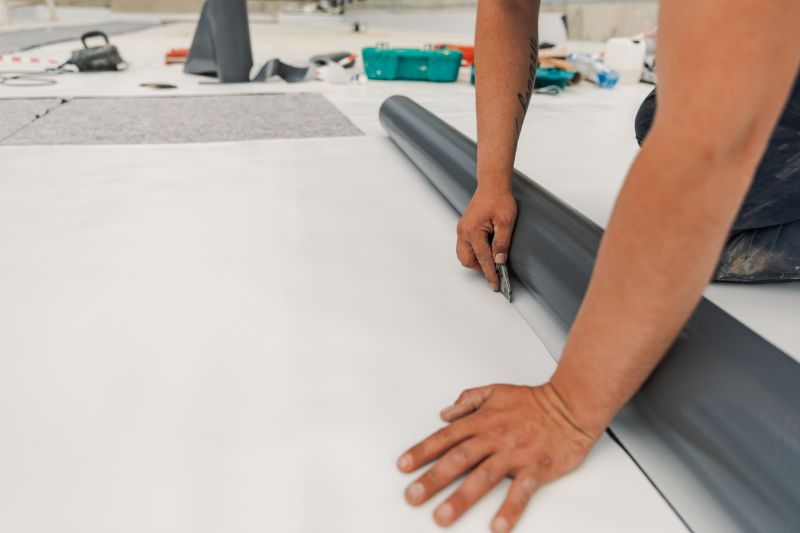
Spring weather provides ideal conditions for TPO roofing projects.
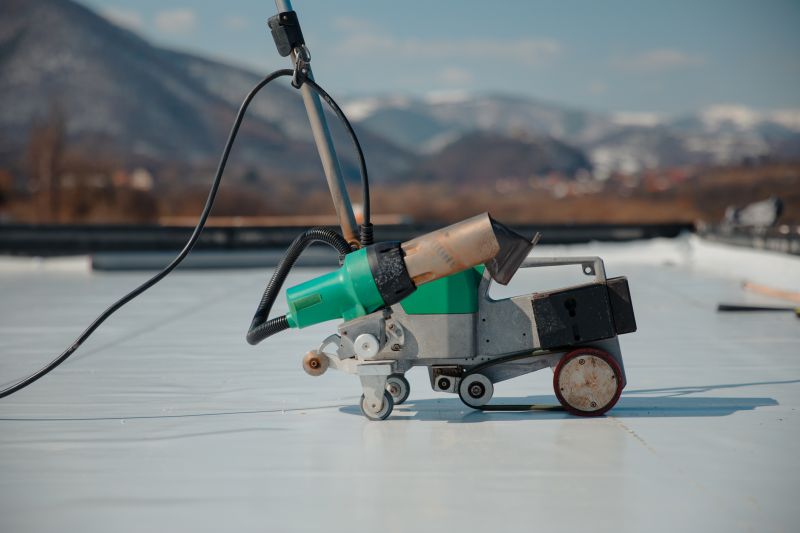
Proper planning is required to manage high temperatures during summer installations.
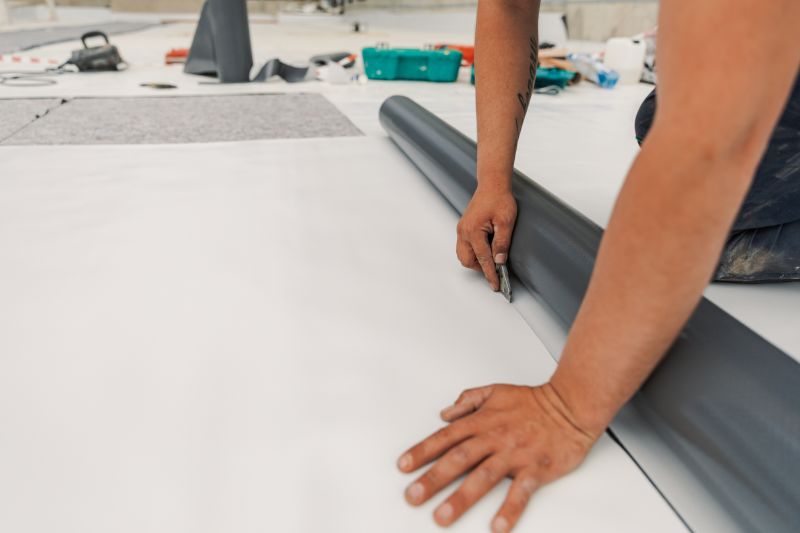
Fall offers cooler temperatures and less rain, suitable for TPO installation.
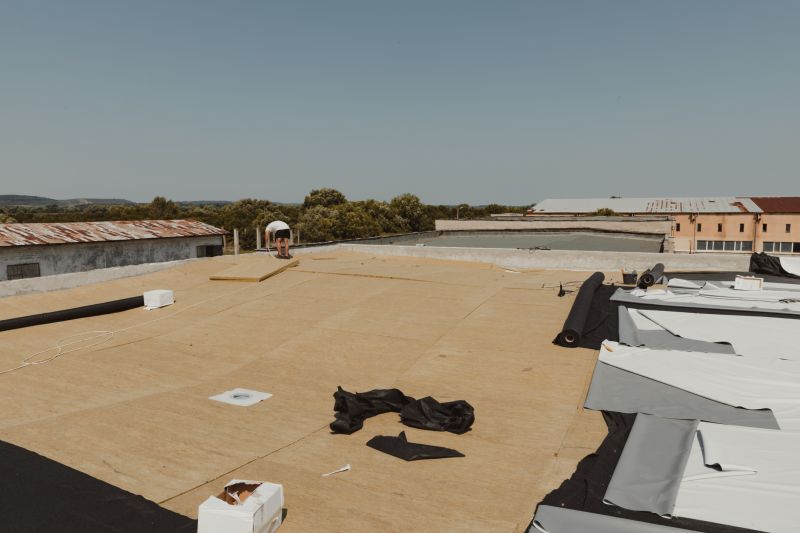
Ways to make Tpo Roof Installations work in tight or awkward layouts.
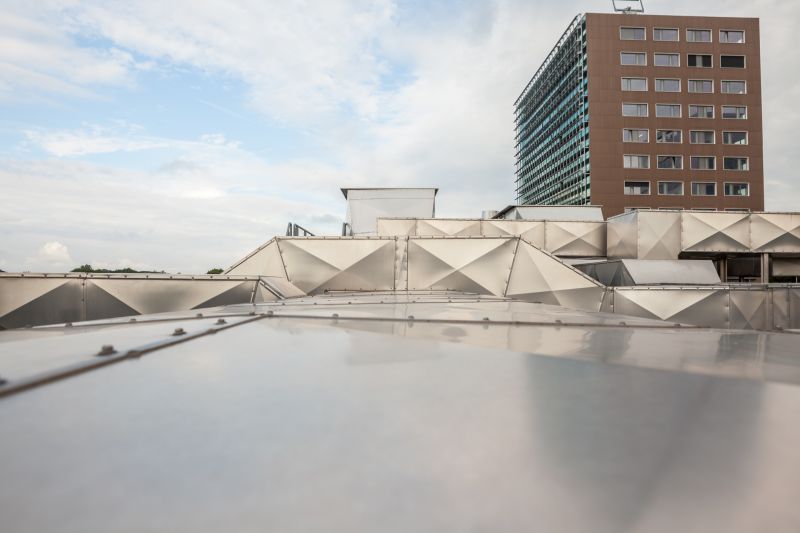
Popular materials for Tpo Roof Installations and why they hold up over time.
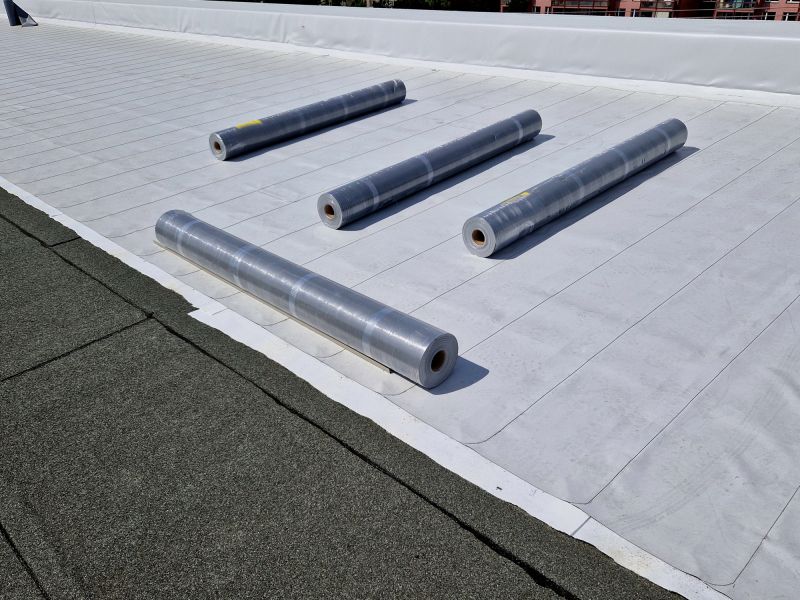
Simple add-ons that improve Tpo Roof Installations without blowing the budget.
| Season | Best Conditions |
|---|---|
| Spring | Moderate temperatures, low precipitation |
| Summer | Warm weather, potential heat stress |
| Fall | Cool, dry weather |
| Winter | Cold, snow, and freezing temperatures |
TPO roofing is a popular choice for commercial and residential applications due to its durability, energy efficiency, and ease of installation. It is a thermoplastic polyolefin membrane that offers high reflectivity and resistance to UV rays, ozone, and chemical exposure. Proper installation timing enhances the material's performance and lifespan, making seasonal considerations crucial for optimal results.
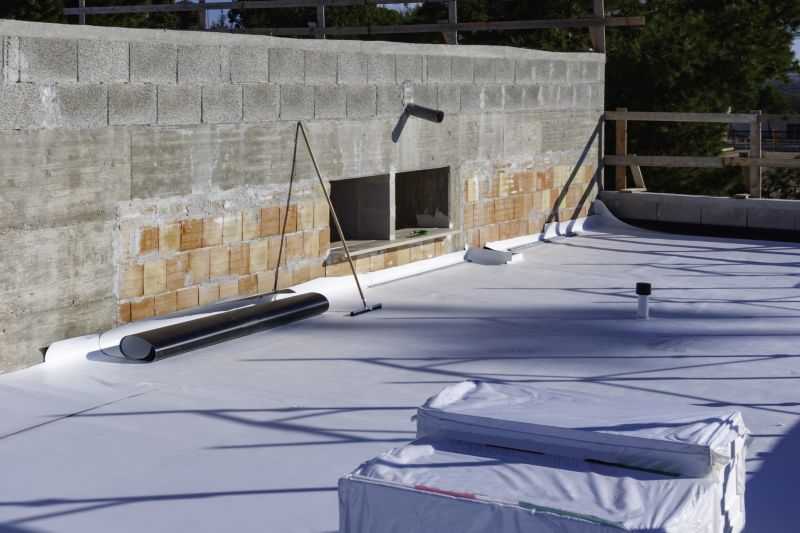
Installation involves membrane laying, heat welding, and sealing for durability.
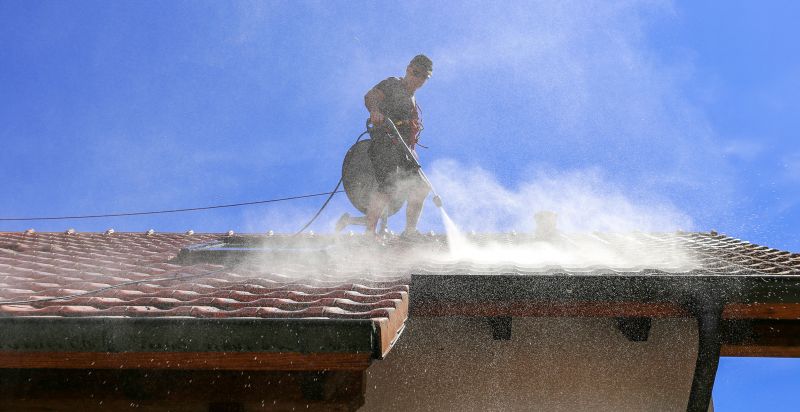
Surface cleaning and repair are essential before installation.
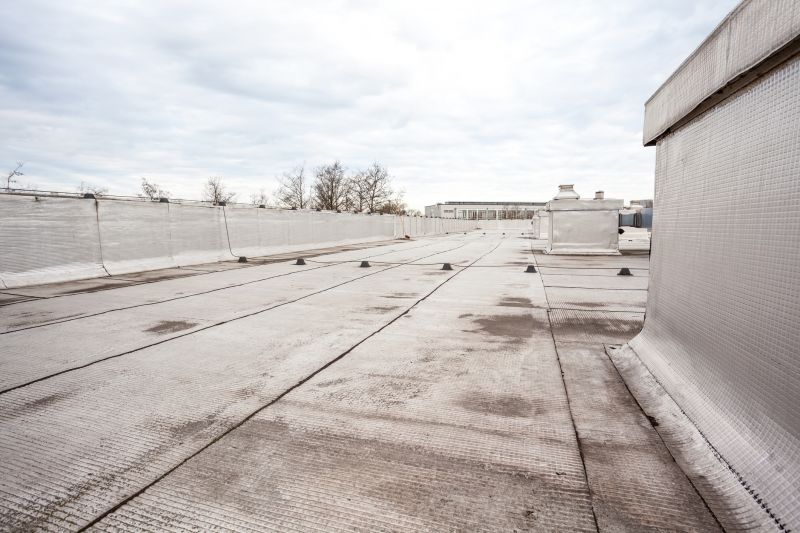
Showcases the seamless, reflective surface of a finished TPO roof.
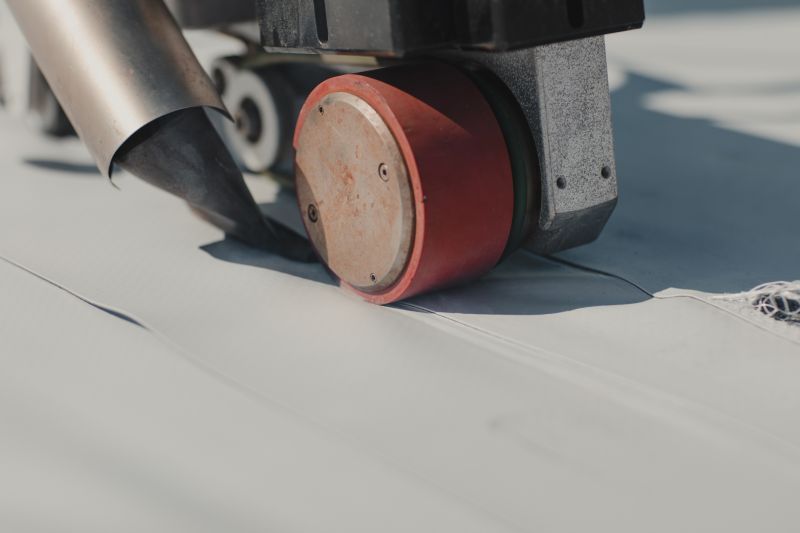
Heat welders, seam rollers, and membrane rolls are common tools.
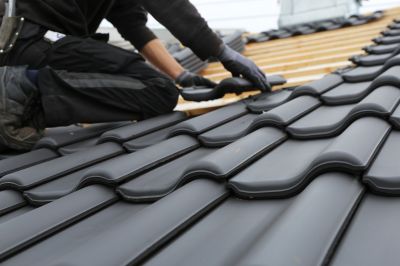
High-end options that actually feel worth it for Tpo Roof Installations.
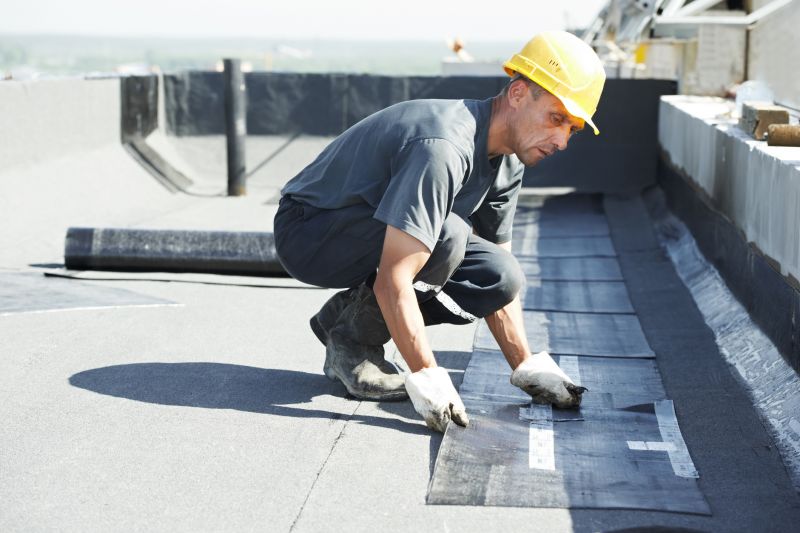
Finishes and colors that play nicely with Tpo Roof Installations.
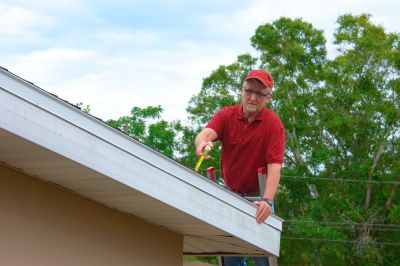
Little measurements that prevent headaches on Tpo Roof Installations day.
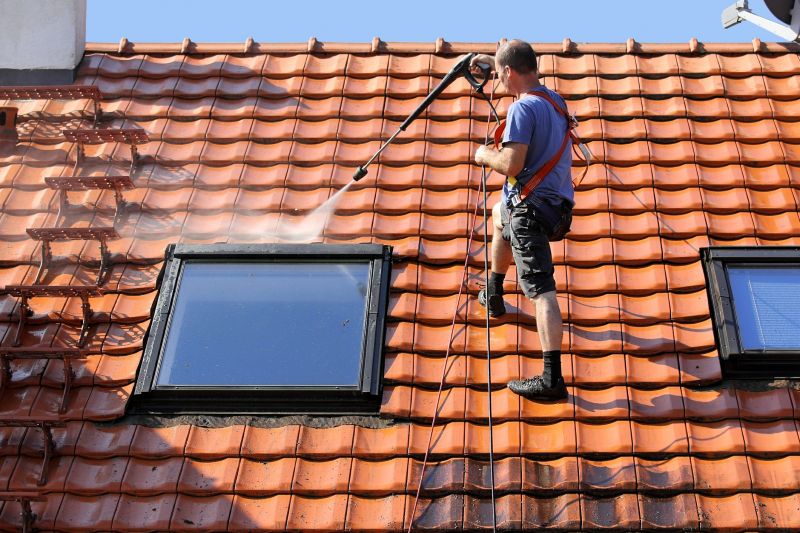
A 60-second routine that keeps Tpo Roof Installations looking new.
Interested in TPO roof installation services? Filling out the contact form can provide more detailed information and assistance tailored to specific project needs.
